Cross Curricular
History as a subject lends itself to developing meaningful links to a cross-curricular topic. Advice on achieving a robust and rigorous approach will be available in this section.
Sort by:
Date (Newest first) | Title A-Z
Show:
All |
Articles |
Podcasts |
Multipage Articles
-

A creative Egyptian project
ArticleClick to view -

Assessment and Progression without levels
ArticleClick to view -
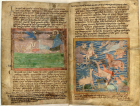
Blending history and creative writing: imagining a lost Anglo-Saxon poem
ArticleClick to view -

Churches as a local historical source
ArticleClick to view -

Creating the 'creative history' website
ArticleClick to view -
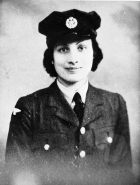
Cross Curricular Project on a famous person
ArticleClick to view -

Drama and history: a theory for learning
ArticleClick to view -

Drama and story telling
ArticleClick to view -

Early Islamic civilisation
ArticleClick to view -
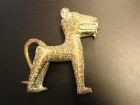
Eweka's story: Benin and Big Picture History
ArticleClick to view -
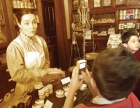
Geosong: a transition project
ArticleClick to view -

Hearts, Hamsters and Historic Education
ArticleClick to view -

Historical fiction: it’s all made up, isn’t it?
ArticleClick to view -
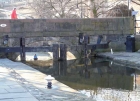
History in the Urban Environment
ArticleClick to view -
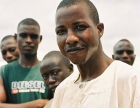
History supporting global learning
ArticleClick to view -

History through Drama, A Teachers' Guide - Revisited
ArticleClick to view -

How to make a toy museum
ArticleClick to view -

Ideas for Assemblies: Refugee stories
ArticleClick to view -

Identity Crisis: History through Science, strange bedfellows or obvious partners?
ArticleClick to view -

In My View: Creativity & History
ArticleClick to view

